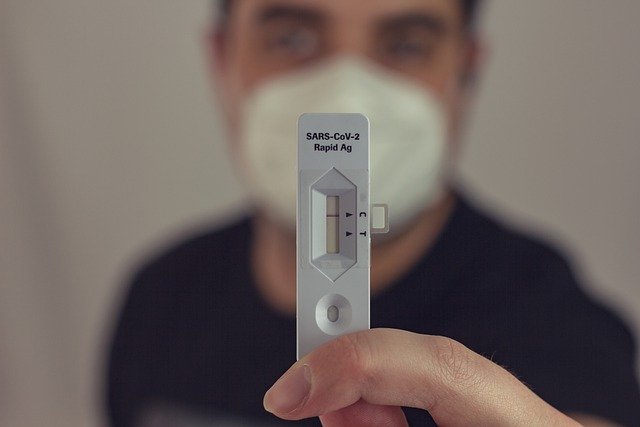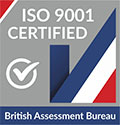The Biden administration recently began sending out at-home rapid COVID-19 test kits to improve access during a nationwide shortage. Over 60 million households have signed up to receive tests, and the administration has 500 million more on order.Â
However, while this new process has improved individuals’ access to tests, the nationwide test shortage remains a reality for businesses and local governments. Many states have stopped sharing test kits so they can focus on their own populations.Â
While the U.S. Supreme Court struck down the federal mandate for COVID-19 testing at large businesses, some safety-conscious companies may still want to do testing for their own sake.Â
But how can businesses conduct COVID-19 testing during a national shortage of rapid test kits?Â
Develop a Flexible and Appropriate COVID-19 Safety Plan
If test kits are hard to find, testing every employee during every workday is nearly impossible.Â
Therefore, the first step is to reduce the number of employees that need to be tested. If employees can work from home, this can be a good solution. Workplaces can also implement social distancing where appropriate. Implementing remote work and social distancing allows employers to focus on testing the employees who need to come into the workplace every day and may come in close contact with colleagues.Â
Another option is to set up parameters for when testing takes place. Some companies prefer to test weekly or monthly. Testing at shorter intervals is more likely to catch a COVID-19 positive employee who doesn’t exhibit symptoms.Â
Finally, employers can work with employees to utilize the available test kits. While the test kits sent by the government are for the employee’s use, businesses can acknowledge a positive test result from this source and allow the employee to stay home if they are sick.Â
Utilize Multiple Types of Rapid Tests
During the beginning of the pandemic, rapid tests were in short supply. Some companies limited their purchases to one or two test types because that was all that was approved by each country’s medical organization. However, more types of test kits are available now, even if availability is still limited.Â
One necessary check is to verify that the rapid test kits you want to use have Emergency Use Authorization (EUA) in the US or an equivalent standard in your country. The test kits are more likely to be accurate if reviewed and approved by a health organization in your country.Â
Once you have an idea of approved and available test kits, be prepared to procure more than one. Your health and safety plan shouldn’t rely on the same rapid test kits being available all the time. With the changing supply and demand, test kit prices may also increase. Being flexible about what types of kit you use can help you adapt to these dynamic circumstances.Â
Work with an Expert Medical Provider
Procuring test kits and developing a test plan is easier with help from a medical expert. A medical company like RMI can identify the employee population most at risk of COVID-19 exposure and help develop an appropriate test plan. Also, many medical companies currently work with multiple test kit vendors to help your company procure test kits regularly.Â
Finally, medical companies innovate new ways to conduct tests safely and cost-effectively. RMI recently implemented video-guided testing, which allows a medical provider to oversee and document employees’ tests remotely.Â
Contact us if you’d like to set up a COVID-19 test program at your workplace.


